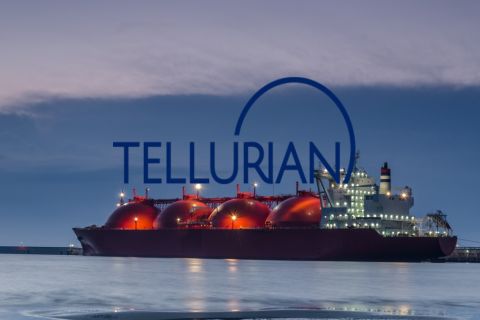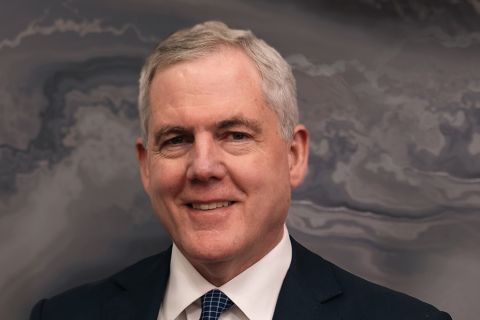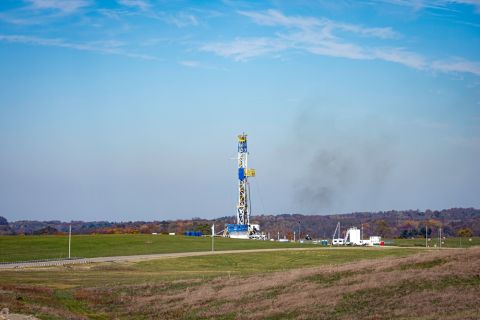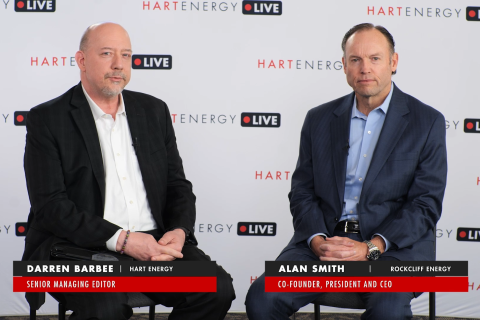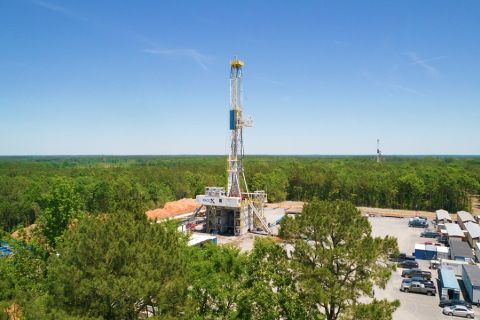On Jan. 4, Lebanon's new government passed two decrees concerning oil and gas exploration blocks, meaning a tender process for offshore reserves, stalled since 2013, can begin.
Lebanon estimates it has about 96 trillion cubic feet (Tcf) of natural gas reserves and 865 million barrels of oil offshore, but squabbling between parties has prevented it from kick-starting exploration and development of the sector.
"The two oil decrees have been decided in the first achievement for the government," Foreign Minister Gibran Bassil wrote on Twitter during the first meeting of the new cabinet under Prime Minister Saad Hariri.
Beirut hopes exploiting the hydrocarbon reserves will help tackle its large debt and chronic power shortages, which see most houses go without power or rely on expensive generators for many hours a day.
Exacerbated by regional tensions and the war in Syria, political paralysis left Lebanon without a president for more than two years. The government was unable to tackle long-pending economic and development issues such as garbage disposal, electricity, water, Internet and stock market privatization.
The country is also bearing the costs of hosting more than 1 million refugees from neighboring Syria's civil war.
Finally, in October 2016, Michel Aoun was elected president in a deal which saw Hariri became prime minister. In mid-December Hariri formed a cabinet of 30 ministers drawn from most sides of the country's political spectrum and all of its religious sects.
Jan. 4 was the first meeting of this new cabinet, which had in front of it a long list of overdue items, top of which were the oil decrees.
Recommended Reading
Which Haynesville E&Ps Might Bid for Tellurian’s Upstream Assets?
2024-02-12 - As Haynesville E&Ps look to add scale and get ahead of growing LNG export capacity, Tellurian’s Louisiana assets are expected to fetch strong competition, according to Energy Advisors Group.
From Tokyo Gas to Chesapeake: The Slow-burning Fuse that Lit Haynesville M&A
2024-03-01 - TG Natural Resources rides the LNG wave with Rockcliff deal amid shale consolidation boom.
Ohio Oil, Appalachia Gas Plays Ripe for Consolidation
2024-04-09 - With buyers “starved” for top-tier natural gas assets, Appalachia could become a dealmaking hotspot in the coming years. Operators, analysts and investors are also closely watching what comes out of the ground in the Ohio Utica oil fairway.
Exclusive: Rockcliff CEO on $2.7B TGNR Deal, Value of Haynesville M&A
2024-04-10 - Rockcliff Energy CEO and President Alan Smith discusses the ups and downs of executing the transaction with TG Natural Resources and what's on the Rockcliff III radar, in this Hart Energy Exclusive interview.
An Untapped Haynesville Block: Chevron Asset Attracts High Interest
2024-04-03 - Chevron’s 72,000-net-acre property in Panola County, Texas is lightly developed for the underlying Haynesville formation — and the supermajor may cut it loose.

